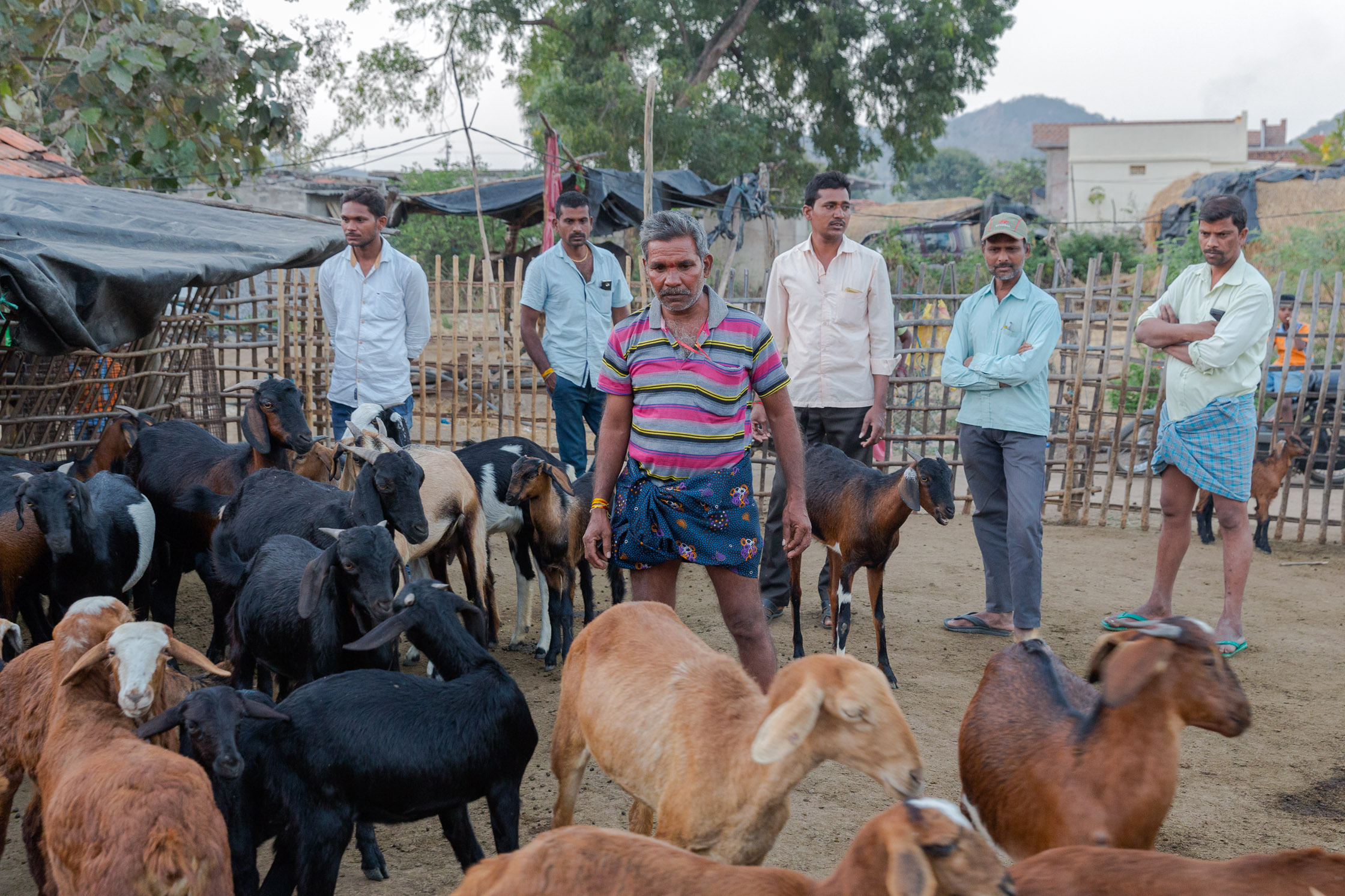Submitted by Sarah Bailey on Mon, 07/06/2021 - 09:11
Agriculture continues to play an important role in developing economies, yet with increasing rural-urban migration, ageing farm population, and waning interest of rural youth in agriculture, its sustainability is increasingly under threat. In such a context, with clearly negative fallouts for the future of the sector, it becomes crucial to understand the aspirations of farming communities and rural youth. Populations with high aspirations subsequently visualize and engage in forward-looking behaviour, whereas low aspirations lead to reduced efforts and fewer investments for bringing about a prosperous future. When the poor fail to see a better tomorrow in which their well-being would be much higher than it is today, they do not take action to improve their future, and consequently become even more stuck in a poverty trap. Besides, aspirations are not merely expectations of what the future will be like; individuals could aspire to achieve positive outcomes.
What is the relevance of aspiration in agricultural sector?
Aspirations shape economic behaviour as well as political and community engagement. They might therefore significantly affect agricultural productivity, livelihoods, and rural welfare. The aspirations of the rural poor play a significant role in shaping their livelihood activities and investments; it is therefore important to know these relationships so that appropriate policies can be designed to nurture their aspirations. The aspirations of farmers may influence short and medium-term decisions and have a potentially great influence on technology adoption, the agricultural inputs use and investments they select, which could, in turn, lead to increased productivity.
Considering the importance of aspirations, in a recently published article in the European Journal of Development Research, TIGR2ESS FP1 researchers Dr Ravi Nandi and Dr. Swamikannu Nedumaran carried out systematic literature review of literature to date in developing economies to understand the state of knowledge, identify research gaps and to suggest future research. The researchers screened 419 empirical research publications and identified 22 studies featuring related research in 14 developing countries in Africa and Asia.
Research gap
The FP1 team at ICRISAT found a strong association between aspirations of farming communities and agricultural development. Available studies related to aspirations have mainly emerged from migration and education studies - there is a scarcity of empirical studies on the aspirations of the rural poor who are dependent on agriculture as their livelihood source. There is therefore a need for empirical studies to understand the life trajectories through aspirations of the rural poor in order to develop appropriate strategies and effective policies and programmes that could improve their welfare.
What have we learned?
- Higher aspirations are good predictors of technology adoption and input choice for higher agricultural productivity. Aspirations vary widely across different sections of society with some groups being particularly at risk of aspiration failure.
- Higher female aspirations are a crucial indicator of women’s empowerment. Therefore, raising aspirations is one way to empower women.
- There is a discrepancy between parental desires and children’s aspirations about farming as a career choice, and their personal plans and investment in agriculture are in absolute contrast.
- Agriculture is not a preferred occupation for the new generation, and is seen as a last resort. It appears likely that a significant number of rural farm youths will leave farming in the future.
- Natural calamities – for example COVID - significantly lower the aspirations of the rural poor.
- Compared with other economically viable indicators, the aspirations of the rural poor are better predictors of household trajectories within agricultural and rural development.
What can be done to raise the aspirations?
Identifying those sections of society where aspirations are systemically low is crucial. Understanding of what leads to high or low aspirations among the rural poor and how aspirations influence behaviour provides useful information when designing effective pro-poor policies. Such negative impacts could be mitigated through appropriate social protection schemes by the government. Aspirations and future-oriented behaviour can be altered using innovative interventions (such as exposure to success stories, role models, targeted documentaries, street theatre, puppet shows, and aspiration training sessions) and mass media interventions. Policies could help to develop role models, and thereby open up new opportunities for those sections of society that previously lacked opportunities.
Our work at ICRISAT, for the TIGR2ESS-FP1 programme in the semi-arid areas of Telangana state of India is well placed to understand the aspirations of farming communities. Empirical research is in progress to address a few of the knowledge gaps identified. Through this work, it is hoped that the knowledge gaps identified can be filled by contributing to literature and providing evidence-based policy advice to government and/or development agencies to design appropriate programmes to improve the well-being of farming communities.
This blog was written by Dr Ravi Nandi and Dr S. Nedumaran, both working on Flagship Project 1 (Sustainable and Transformative Agrarian and Rural Trajectories, START) at ICRISAT in Hyderabad, India.

